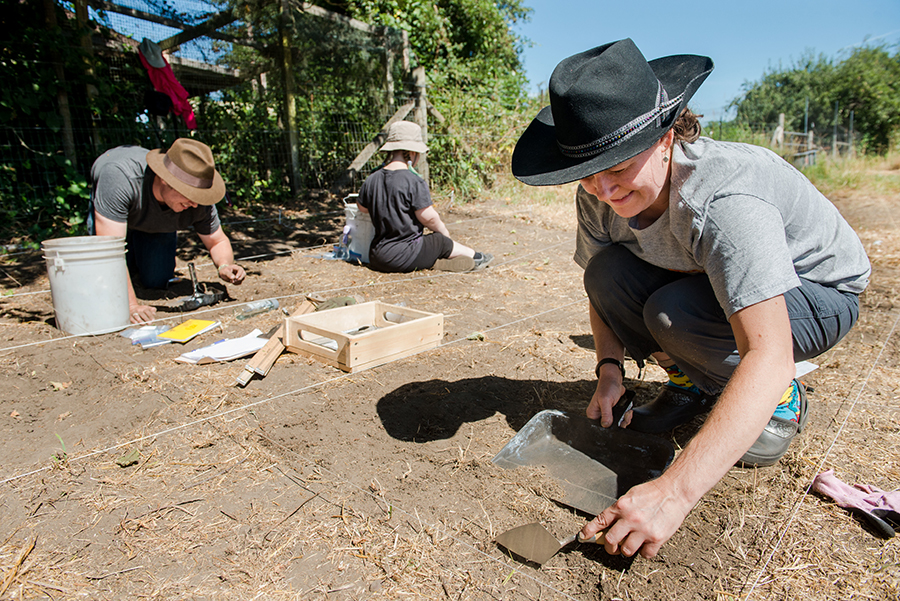About Archaeology
Archaeology is the systematic study of the human past through material remains, such as artifacts and archaeological sites. One often thinks of archaeological excavation as the primary means of investigation, but that is only one small part of the work of an archaeologist. Today, tools such as satellite data, remote sensing, surface survey, non-invasive sub-surface testing, and other reconnaissance methods aid in the majority of archaeological data collection.
The field of archaeology is usually thought of as a branch of anthropology (the study of humans) but can also be associated with departments of ancient history, Classical Studies, or other cultural-historical disciplines.
Archaeology has evolved from being closely aligned with western imperialism to its contemporary use as a tool of empowerment for historically underrepresented peoples, because archaeological evidence can tell the story of those who written history has overlooked. Archaeology is inherently multi-disciplinary, and contains sub-fields such as:
- Heritage management
- Environmental archaeology
- Enthoarchaeology
- Archaeobotany
- Experimental archaeology
Careers in archaeology and adjacent fields are many and varied, including museum studies, archival and library work, cultural resource management, public history, and, of course, archaeologist.
Check out related Courses and Programs in the Academic Catalog

